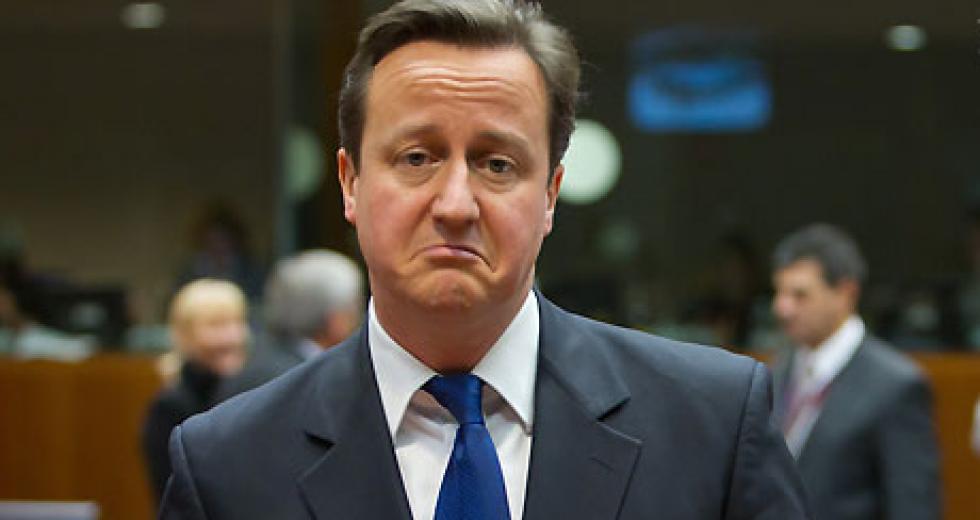
The EU intends to use the European courts to enforce its new "fiscal compact". It is expected that the courts will be able to impose fines of up to 0.1% of GDP on countries failing to meet the demands of the new compact. Just what already suffering nations need.
So while Britain has still refused to sign the new agreement, Cameron has dropped his veto of the use of the European courts in this way. This was his intention from the start, of course. His veto was no more than an over-hyped sham, designed to massage Cameron's bruised ego and appease the hard line eurosceptics in his own party. Cameron simply does not have the strength of character to go up against Kenneth Clarke and Nick Clegg on his own.
The summit itself produced no real progress towards a solution to the Euro crisis, or that of the financial system as a whole.
The best that could be achieved was to set up yet another bailout fund, and to vote in a collective suicide pact; the so-called "debt brake", an automatic budget austerity mechanism which will prevent member nations from making sovereign decisions over their own fiscal policy.
There was no agreement on what to do about Greece, of course. The Greek haircut deal is still "just a few days away", as it has been for several months now. It is clear that a Greek default event is inevitable.
Where does this leave us? The new fiscal compact provides a mechanism whereby member states lose any semblance of financial independence from the EU. The debt brake imposes centralised control and austerity, and the European courts enforce any action by a member state which might step outside that control.
One more step to the goal of full federal union, then.
